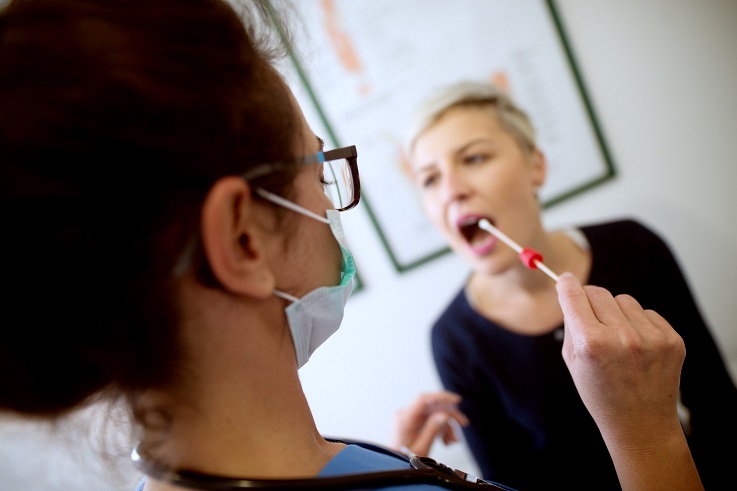Nursing Career Spotlight: Sexual Assault Nurse Examiners (SANEs)

Statistics from RAINN (the Rape, Abuse & Incest National Network) report that an American is sexually assaulted every 98 seconds. Every 11 minutes, that victim is a child. Despite these alarmingly high rates, hospitals nationwide have a shortage of nurses with the credentials to provide optimal care for sexual assault victims.
Sexual Assault Nurse Examiners (SANEs) are registered nurses who provide comprehensive care to victims of sexual violence and abuse. Nurses who specialize in care for this patient population undergo extensive training in the medical, psychological and forensic examination of sexual assault victims. In addition to medical treatment, SANE nurses collect forensic evidence that is used in police reports, and they testify in court.
To become a SANE, you must first be a registered nurse (or advanced practice), with two years or more experience in fields of practice that require advanced physical assessment skills, such as emergency, critical care and maternal child and reproductive health. However, requirements vary between different states and jurisdictions. Detailed requirements can be found in the 2018 SANE Education Guidelines.
The International Association of Forensic Nurses offers two certifications for the specialty: Sexual Assault Nurse Examiner – Adult/Adolescent (SANE-A) and Sexual Assault Nurse Examiner – Pediatric (SANE-P). These certifications establish that a professional has demonstrated the highest standards of forensic nursing specializing in care for victims of sexual assault. Certification is a two-step process. First, nurses complete 40 hours of required classroom or online training. Further certification, such as a pediatric certification, requires additional training time. After training is completed, nurses move to the clinical practice portion, where they learn to conduct genital exams and observe courtroom testimony by forensic nurses.
A SANE has a complex job due to the sensitivity of the specialty, as well as multidisciplinary aspects of the role. A SANE is well-versed in multiple medical fields, including psychology, reproductive health, trauma and forensics. They will treat victims by conducting rape tests, preventing pregnancy and sexually transmitted diseases and offering psychological support. Additionally, there is the legal role of the position. SANEs maintain chain of custody of evidence, speak with the police and testify in court if needed. Having an extensively trained professional work with this patient population is especially important, because it impacts the effectiveness of prosecution. SANE’s must also be able to provide the necessary referrals for sexual assault survivors.
Terri Slapak-Fugate, RN, director of emergency/urgent care and the SANE program manager at Southwest Health Hospital in Platteville, Wisconsin, stresses the importance of having specially trained nursing professionals handling the examination and care of victims of sexual assault. She adds, “a non-SANE trained nurse/physician team would spend about 10-20 minutes with the actual evidence collection, whereas a SANE will spend 1 to 4 hours.”
Hospitals must provide extensively trained nursing professionals when it comes to this highly-sensitive patient population to provide optimal care. Victims of sexual assault are at risk for long-term mental and physical injury. Having a SANE on staff in emergency rooms is imperative in preventing long-term trauma, promoting the healing process and aiding in the legal process if the victim chooses to prosecute.
William Woods University’s Online RN to BSN Nursing Completion Degree Program prepares nurses to meet the American Nurses Association and Institute of Medicine’s call for nurses to be BSN prepared. As a BSN prepared nurse, students have the ability to specialize and become a SANE, providing much-needed care to the unique patient population of sexual assault victims.

